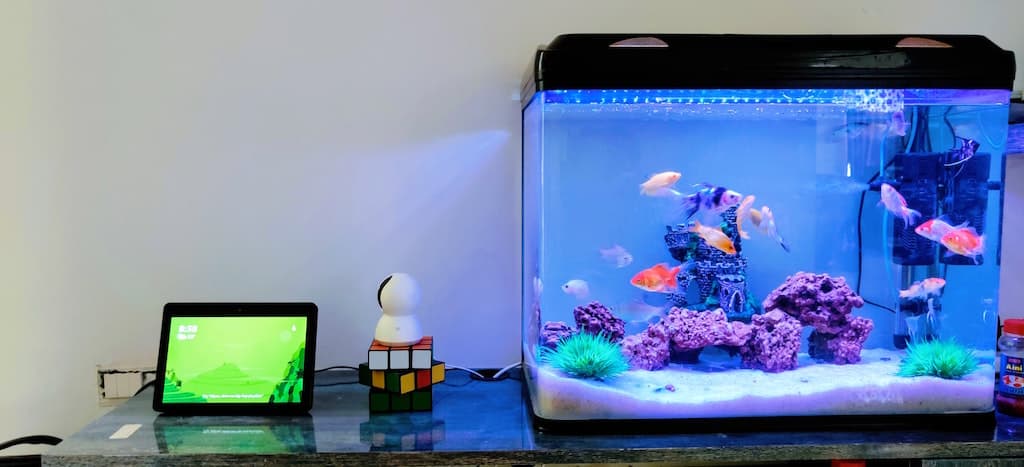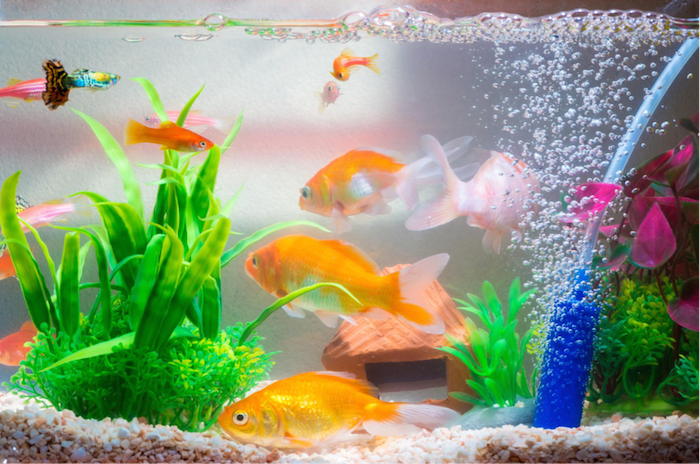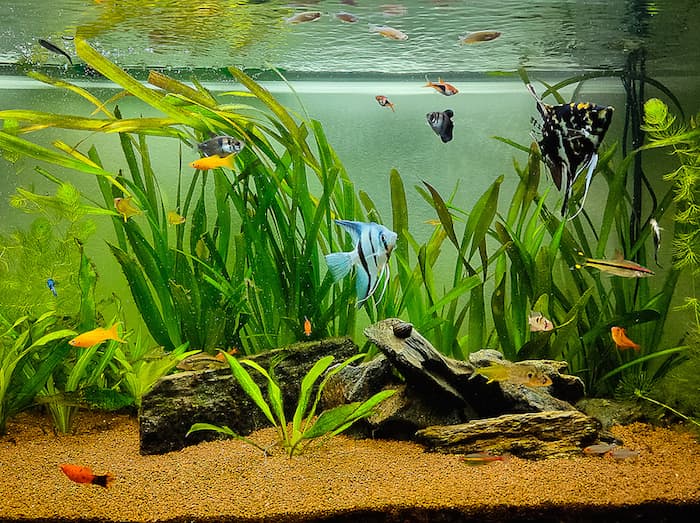The fact that you own an aquarium indicates that you’re an aquarium devotee. In that case, you should keep the aquarium as safe as possible to maintain its life and spend more time with your pets. Unfortunately, it can pose a challenge if you aren’t familiar with how to maintain good water quality for your aquarium. This is because different aquarium lives require different environments to thrive, and a slight mistake can cost their lives.
For instance, freshwater fish requirements differ from saltwater fish, especially regarding pH and temperature. Therefore, you should understand your pets before determining the perfect water condition. Generally, if you’re looking forward to maintaining good water quality in your aquarium, here are some tips for better results.
- Condition The Water Properly
Your aquarium water properties contribute to your pet’s well-being. If the water isn’t correctly conditioned, your fish and aquarium plants will likely die sooner or later.
Most untreated water contains lots of elements that require balancing to support life. Failure to condition the water is likely to have adverse effects on your fish. That said, it’s vital to condition your aquarium water with biological agents or with an all natural aquarium water conditioner to ensure the water is safe for the aquarium life.
- Maintain Proper pH
Water pH determines the alkalinity and acidity in water. Therefore, you should check your aquarium water pH from time to time to understand its nature.
You can easily determine your aquarium pH using a pH test kit. Freshwater fish thrive under pH levels between 6.6 and 6.8, while saltwater fish do well under pH levels between 7.6 and 8.4.
Besides the pH level, you should also check the aquarium’s nitrate and nitrite level. If you’re unsure you can check these levels successfully, seek advice from your pet counselor. The pet counselor will also advise you on how to maintain an ideal pH level depending on the type of fish you have.
- Avoid Overfeeding Your Fish
While feeding your fish until they’re full is essential for good health, it’s vital to understand that overfeeding them can cause more harm than good. Besides slowing their movement, overfeeding fish equals more waste interfering with the water’s integrity. In fact, most fish don’t require too much to survive, and only a small amount of food is enough.
It’s also important to mention that too much waste from overfeeding your fish can encourage algae growth, reducing the amount of oxygen in the water. That said, maintain a feeding program and feed your fish the right amount.
- Change The Water Regularly
Changing your aquarium water is a simple yet effective technique to maintain good water quality. It comes with several benefits at a go. For instance, it reduces the number of nutrients, such as nitrate and phosphate, that encourage algae growth.
Changing the aquarium water also removes dissolved and particulate organic matter that absorbs light energy preventing it from reaching your aquarium life. Ultimately, regular water changing ensures the tank is always clean and free of debris that might threaten your pets’ well-being.
- Change The Mechanical Filter Media
Unfortunately, many aquarists fail to attend to the system’s filter. These filters are installed to eliminate particles and debris from the water. If you don’t service or change the filter, it decomposes, especially since it’s made of fabric such as a sponge, releasing the trapped dirt back into the tank. With this in mind, it’s vital to service your filter before it decomposes to prevent water contamination.
If you want your aquarium water to remain clean and healthy, consider cleaning the filter weekly or installing a filter rolling system to automatically roll up the dirty filter while exposing a clean one.
- Maintain The Right Water Temperature
Your aquarium temperature should always be suitable to support life. Any sudden temperature change can threaten your aquarium life; hence should be prevented at all costs. Therefore, it’s advisable to avoid setting up your aquarium in an area that receives direct sunlight to prevent temperature fluctuation.
It would be best to understand that freshwater fish survive under temperatures between 72 degrees and 82 degrees Fahrenheit, while saltwater fish thrive under temperatures between 75 degrees and 80 degrees Fahrenheit.
Nevertheless, temperature requirements depend on fish species; hence you should research the suitable temperatures for your fish. If your aquarium is too cold, you should invest in a water heater to warm the water to the ideal temperatures.
Conclusion
Maintaining good water quality in your aquarium is relatively easy. All you need is to understand and adhere to the aquarium life needs. For instance, different fish thrive under particular pH and water temperatures. Also, the water should be changed regularly to prevent the accumulation of harmful elements.
Remember, if maintaining good water quality for your aquarium seems challenging, you can consult your pet counselor for further advice.



